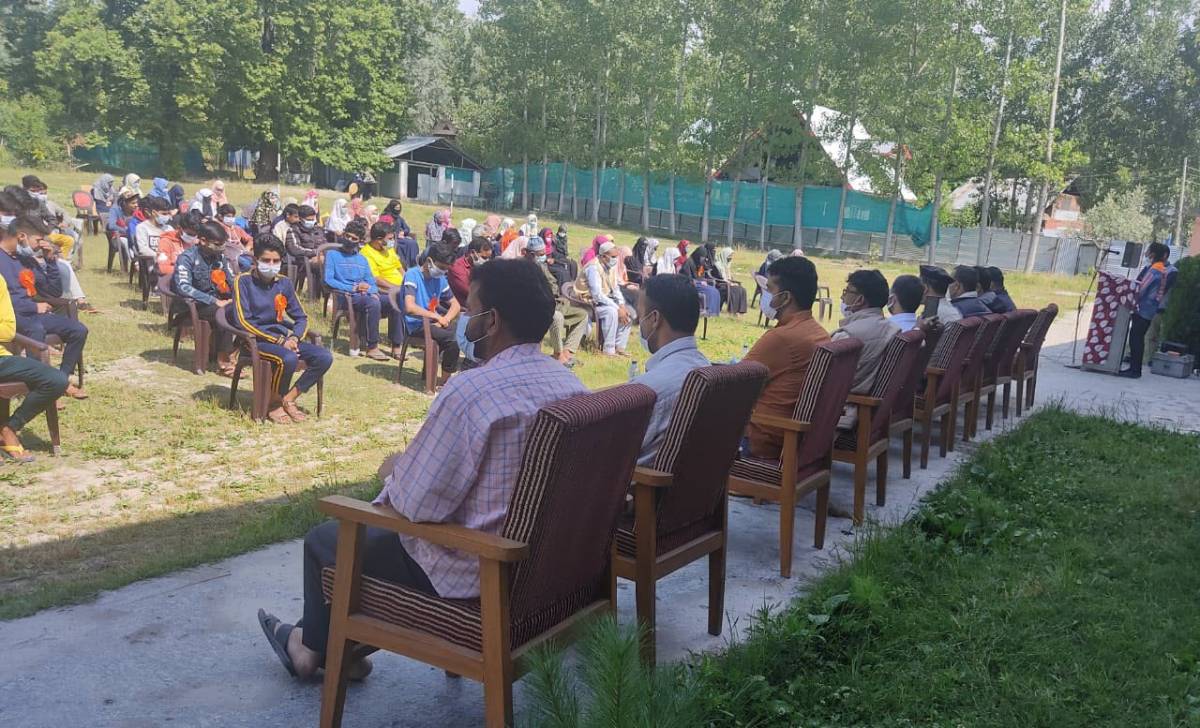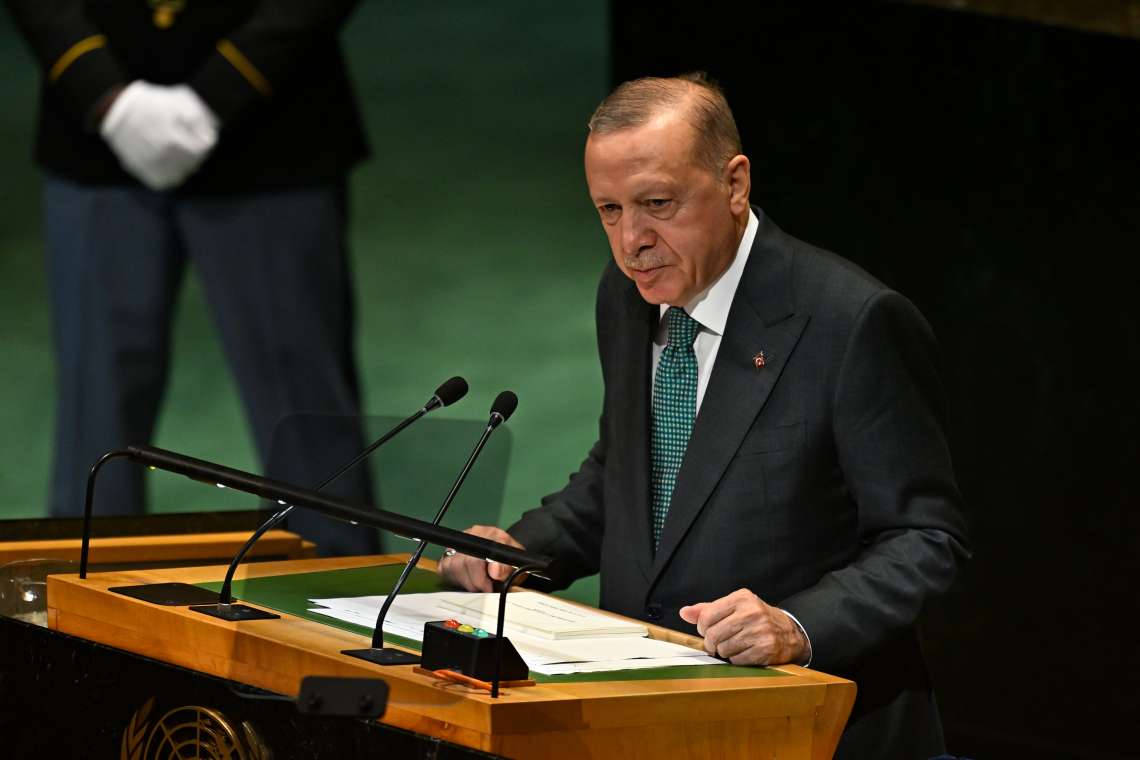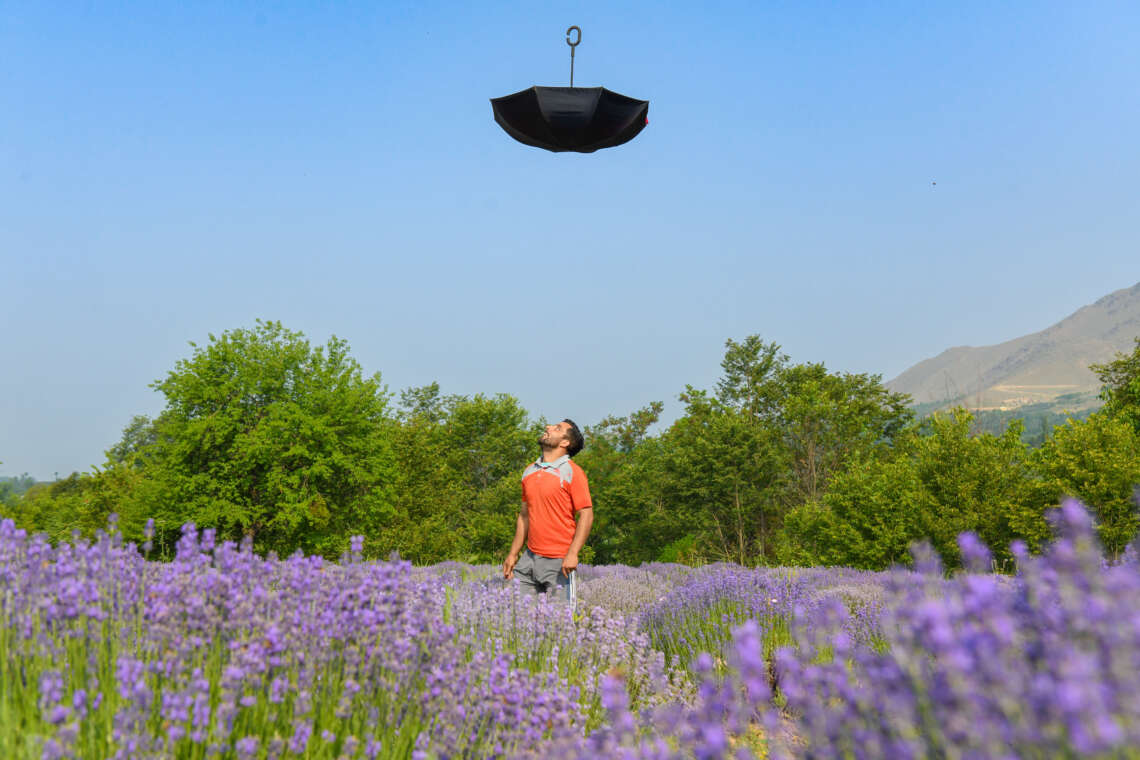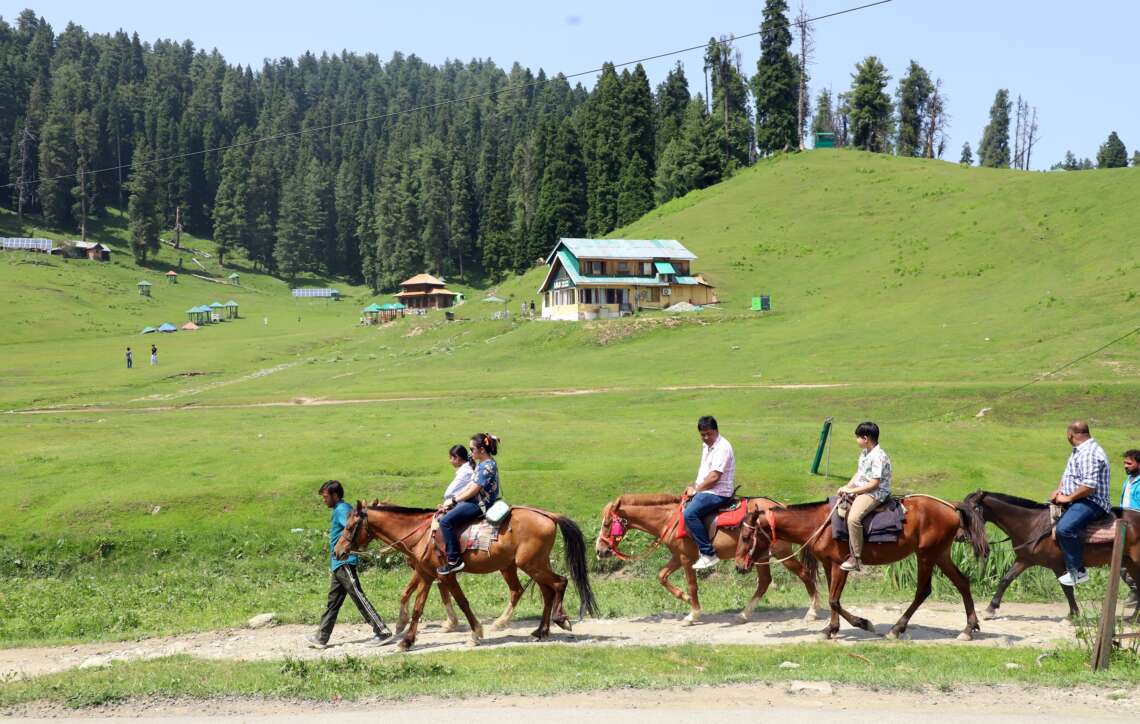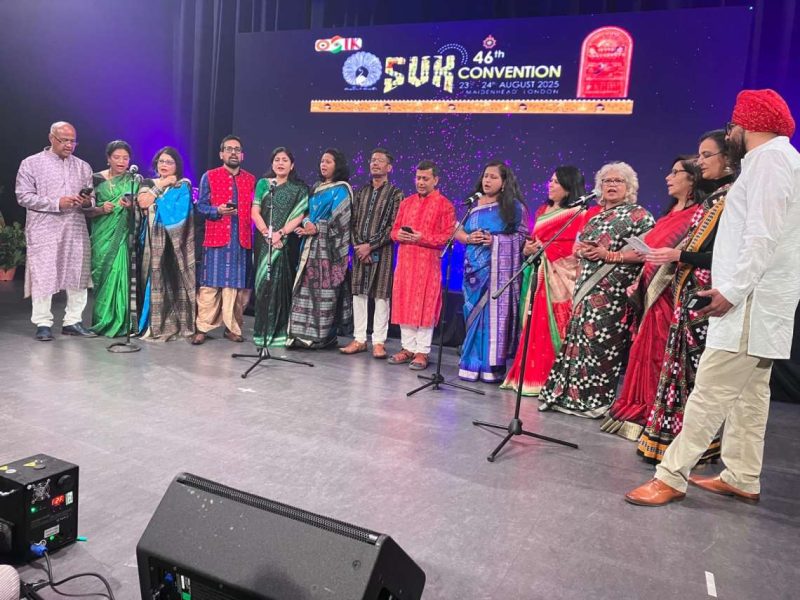It promotes universal values, such as love, compassion, and humanity. The positive impact of Sufism on communities cannot be overstated. Sufi orders have acted as centers of social and spiritual cohesion…reports Dr Shehnaz Ganai
In the contemporary society, characterized by conflicts and tensions, there is no doubt that the teachings and practices of Sufism still remain relevant. Sufism, also known as tasawwuf, constitutes the mystical and spiritual dimension of Islam, which aims to forge a closer relationship with God through love and devotion.
At the heart of Sufism lies the conviction that spiritual enlightenment is the ultimate goal of human life. In this regard, one can only achieve profound insight and knowledge of God by undergoing a process of spiritual refinement, known as tazkiya al-nafs.
Through this practice, Sufis emphasise the crucial importance of encountering the divine directly, drawing from Islamic theology, philosophy, and mysticism. Sufism teaches us that God represents the ultimate reality, and that everything in this materialistic world reflects divine attributes.
As such, the goal of Sufis entails purifying the heart from all impurities in order to attain a state of spiritual enlightenment and divine love. It is crucial to note that Sufism is not limited to Islam but practiced by people from different religions and cultures.
It promotes universal values, such as love, compassion, and humanity. The positive impact of Sufism on communities cannot be overstated. Sufi orders have acted as centers of social and spiritual cohesion.
They have provided support for the poor and marginalised, emphasising the importance of compassion, kindness, and generosity as integral components of Islamic ethics.
Unlike that of today’s intolerant world, it encourages the development of interfaith dialogue and tolerance. Sufis have always remained open to the spiritual insights of other religions and have often collaborated with non-Muslims in promoting the values of love, peace, and harmony.
The teachings of Sufism have inspired and transformed individuals and communities, reminding them of the power of love and devotion in overcoming the difficulties and challenges of life. Sufi poetry and music continue to inspire people worldwide and serve as a testament to the enduring legacy of Sufism.
In Kashmir, the tradition of Sufism is centuries-old, characterised by numerous leading Sufi saints who have resided in the region. The teachings of Sufism have had an Immense impact on the culture and social fabric of Kashmir.
The tradition of Sufi poetry, music, and art has significantly enriched the cultural heritage of the region, playing a pivotal role in promoting social cohesion and inclusiveness.
Many Sufi shrines function as centers of learning, disseminating knowledge, and enabling individuals to make positive contributions to society. Various Sufi luminaries and poets have employed their spiritual insights to advocate peace and harmony among different faiths and cultures.
In the medieval era, Sufi scholars and poets played a pivotal role in reconciling Muslims and non-Muslim communities in Kashmir, promoting the transcendence of religious boundaries.
The teachings of Sufism stimulated transformational change in interpersonal relationships, and Sufi orders played an instrumental role in bridging differences between different communities.
The unique blend of Sufism and Kashmiri folklore has produced a rich and nuanced cultural heritage that transcends borders and cultures.
From the soulful melodies of Sufianay Kalaam to the passionate poetry of Amir Khusru, Kabir, Baba Bulleh Shah, Sheikh ul Aalam, Habba Khatoon, Rasool Mir, Wahab Khaar to name a few, have played a significant role in the religious and cultural history of Kashmir.
Their patterns or the themes include the importance of love and devotion to the Divine, the need to transcend the ego and worldly desires, and the pursuit of spiritual enlightenment through a direct experience of the Divine.
Sufi poetry and culture are deeply rooted in Islamic traditions and have played a significant role in shaping the religious and cultural heritage of the Islamic world. The way Baba Bulleh Shah expressed his feeling in lines has a deep meaning and a clear path for all of us to follow irrespective of religion.
“Padh padh ilm hazar kitabaan, apne aap na padhiya” by Baba Bulleh Shah, “Mere gaining knowledge without acting over it is like becoming a donkey that carries load of books without getting any benefit from it. And those who gain knowledge with the aim of acting over it, gets to go to their Lord with grace and favour.”
In the grand tapestry of human history, Sufism, as an expression of divine love, serves as a beacon of peace and harmony. With the arrival of the 12th century, the majestic land of Kashmir became a conduit for Sufism, as the message of divine love and beauty swept through the valley. Sufi icon Sheikh Nuruddin Noorani—known as Nund Rishi—left an indelible mark on Kashmir’s spiritual and cultural landscape by introducing Rishism, a Kashmiri variant of Sufism. His teachings emphasized the unity of God, love for all creation, and harmonious coexistence amidst religious diversity. The timeless wisdom of Sufism moulding the cultural DNA of Kashmir, has left a lasting imprint that emits an aura of tranquillity.
One cannot forget the deep spiritual insights and commitment of Lal Ded to the principles of Sufism quite visible in her famous poems, “I am a drop of the sea,” and “I have realized the truth within myself.” Habba Khatoon, known for her beautiful and lyrical poetry include “O nightingale, sing the song of my heart,” and “I have become a slave of love.” Be it Rupa Bhawani, Mehjoor, or others, all poets have used their poetry to promote the values of Sufism and spread its teachings among the people of Kashmir. Through their poetry, they have expressed their deep devotion to God and their commitment to the principles of spiritual purification and inner peace. These poets continue to be celebrated in Kashmir today, and their legacy remains an important part of the region’s cultural heritage.
Whether nestled in the picturesque valleys of Kashmir or reverberating in the alleys of modern metropolis, the enduring beauty of Sufism offers solace and transcendent wonder to all who seek comfort. As Kabir, the legendary Sufi poet, profoundly states:
“Kabira khada bazaar mein, maange sabki khair, Na kahu se dosti, na kahu se bair.” “Standing in the marketplace, Kabir wishes for everyone’s well-being; he is not friends with anyone but has no animosity either.”


